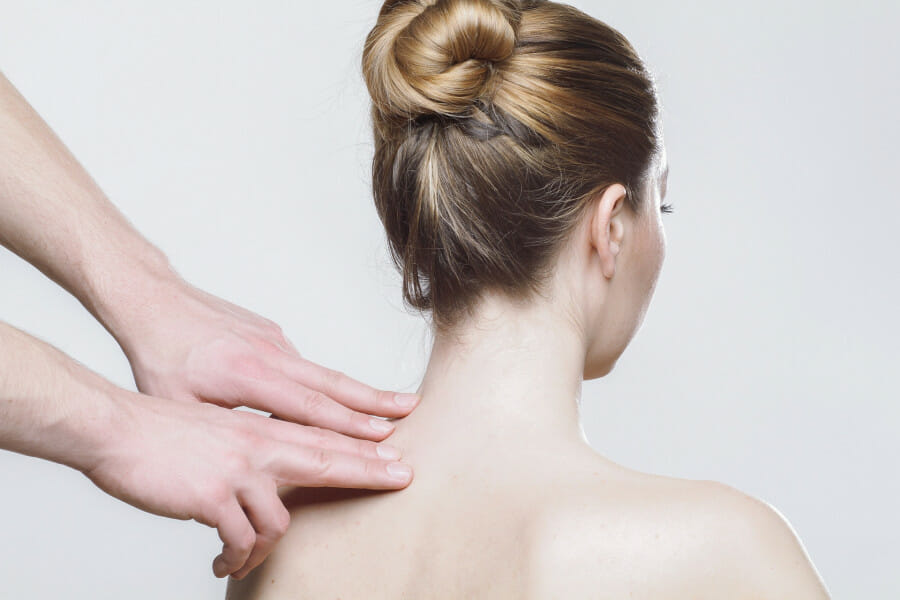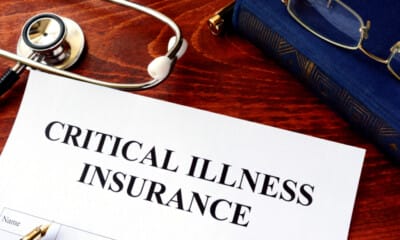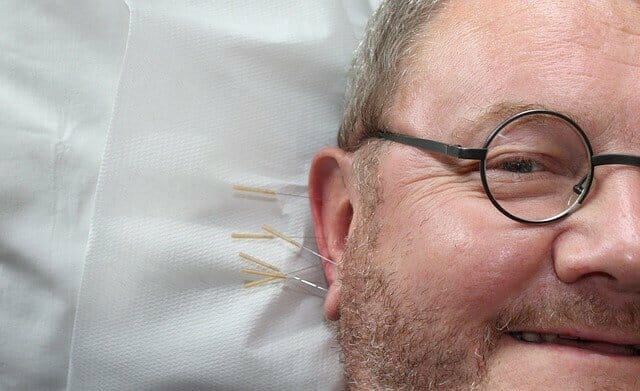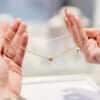See How Acupuncture Heals The Mind And Body!
There are many different types of holistic therapies that can help people who suffer from addiction. While many of them have to be used in conjunction with others to be effective, complementary and alternative medicine (CAM) therapies are becoming more popular for enhanced recovery from many medical conditions, mental illnesses, and addiction. One such treatment is acupuncture. It has been shown to be an effective treatment when added to your long-term recovery plan.
Acupuncture has long been practiced – it’s a 2,000-year-old treatment from China – and it is a low-risk treatment that can have positive effects on many-body systems. Holistic drug and alcohol addiction rehabilitation facilities often use acupuncture for patients alongside traditional treatments.
How Does Acupuncture Work?
Acupuncture therapy originated from traditional Chinese medicine as a way to heal illnesses and improve wellness over 2,000 years ago. Chinese medicine believes that energy flows through body pathways and that pain, illness, disease or other discomforts are thought to be blockages of the energy flow in those pathways. Acupuncture, which is the placement of very thin, sterile needles into specific areas of the skin, is used to bring the flow of energy back into balance.
Western medicine explains the benefits of acupuncture with neuroscience. The acupuncture points are viewed as areas where the stimulation of muscles, nerves, and body tissues increases the blood flow and triggers the release of endorphins. Acupuncture has recognizable effects on many body systems including the nervous, immune, digestive, and cardiovascular systems. There are very few known complications and side effects associated with acupuncture.
Acupuncture works by activating the body’s self-healing mechanism, and practitioners can pinpoint specific areas of the body to treat. According to Teri Goetz in a 2015 Psychology Today article entitled Acupuncture for Stress and Depression? Yes, Please, “Western medicine has shown that acupuncture releases endorphins, and activates natural painkillers. Now we see that it affects other biological functions as well. Chinese medicine sees acupuncture as improving functioning by correcting blockages or imbalances in the organs.”
Does Acupuncture Help In Addiction Recovery?
Acupuncture can be an effective alternative to pain medication for men and women in recovery. According to the National Institute of Health, “Results from a number of studies suggest that acupuncture may help ease types of pain that are often chronic such as low-back pain, neck pain, and osteoarthritis/knee pain. It also may help reduce the frequency of tension headaches and prevent migraine headaches. Therefore, acupuncture appears to be a reasonable option for people with chronic pain to consider. However, clinical practice guidelines are inconsistent in recommendations about acupuncture.”
The practice may also be beneficial for men and women who are facing depression, anxiety, and other mental health issues. Goetz, a certified acupuncturist, explains, “I have seen patients whose anxiety-induced rashes almost disappear in two treatments. I have also seen acupuncture significantly reduce anxiety and stress as well as improve depression. It’s important to note that most of these conditions require an initial treatment protocol of 8 or more sessions. Once a significant improvement is reached, you can then move to a maintenance schedule. Acupuncture obviously can’t always treat moderate or severe depression alone and you should consult your doctor before going off or reducing any medication. But, the evidence is clear: acupuncture can improve depression, anxiety, and stress.”
Ear Acupuncture Is Used For Addiction Recovery
Acupuncture can be effective throughout all stages of addiction recovery, from detox through long-term abstinence. There is a specific acupuncture treatment that is used for those with addiction called the National Acupuncture Detoxification Association protocol.
Acupuncture has been successful in helping ease the discomfort and cravings that are associated with the withdrawal phase of addiction recovery says Johnny K – the owner of True Life Recovery detox center in Orange County, California. Additionally, it is beneficial to the rehab process, improving patients’ willingness to engage in and complete treatment. Many people use acupuncture as a tool in their long-term recovery, as well.
The ear acupuncture treatment, also known as the NADA 5-point treatment, is done by inserting needles into five points on the outer ear area and leaving them for half an hour. The five acupuncture points in this treatment are:
- Autonomic – Aids in relaxation and quiets the nervous system.
- Spirit Gate – Lowers anxiety.
- Kidney – Aids the healing of the body’s organs and soothes fears.
- Liver – Assists with blood detoxification and lowers aggression.
- Lung – Promotes air circulation and aids with calming grief.
The NADA 5-point protocol is the most common acupuncture treatment for people with addiction problems, specifically in the beginning stages of treatment. But it is only one of the numerous treatments that is successful for patients in recovery. Typically, a patient will work with an acupuncturist to determine which acupuncture points will provide them with the best outcome for their specific needs.
Acupuncture isn’t a cure for addiction, but it can be a very useful recovery tool to help you maintain sobriety and live your new life of recovery. It doesn’t benefit everyone in the same way, so it is important that you discuss your specific challenges and needs with a knowledgeable acupuncturist for the best results. Overall, acupuncture is a very low-risk treatment that may genuinely enhance your program of recovery.


















